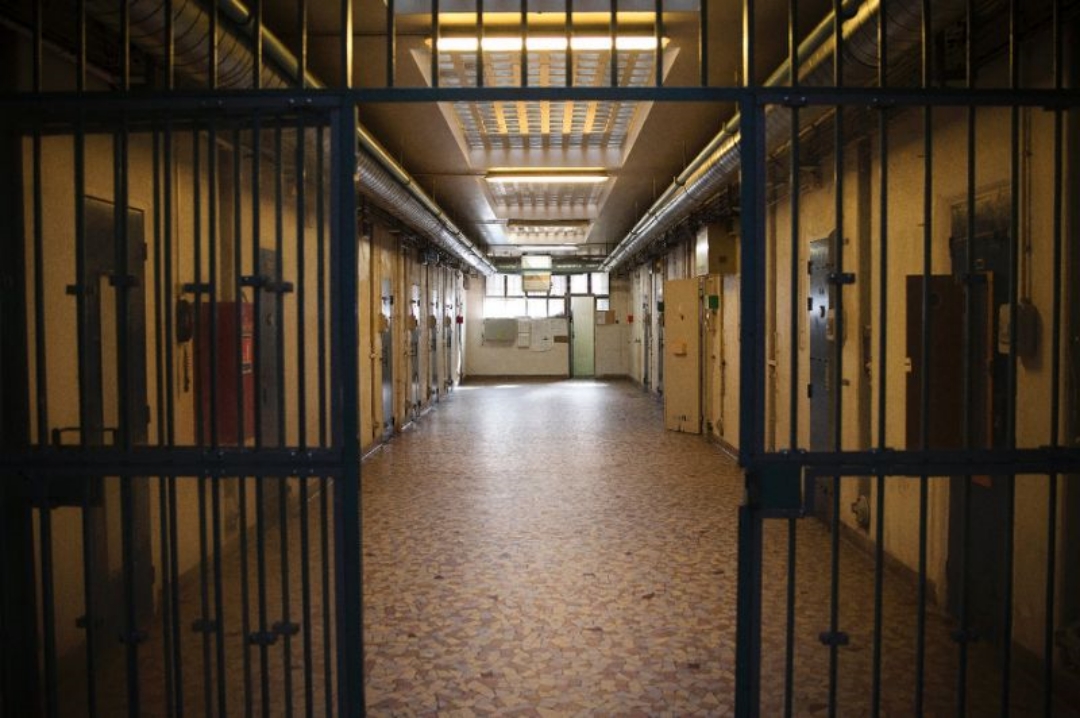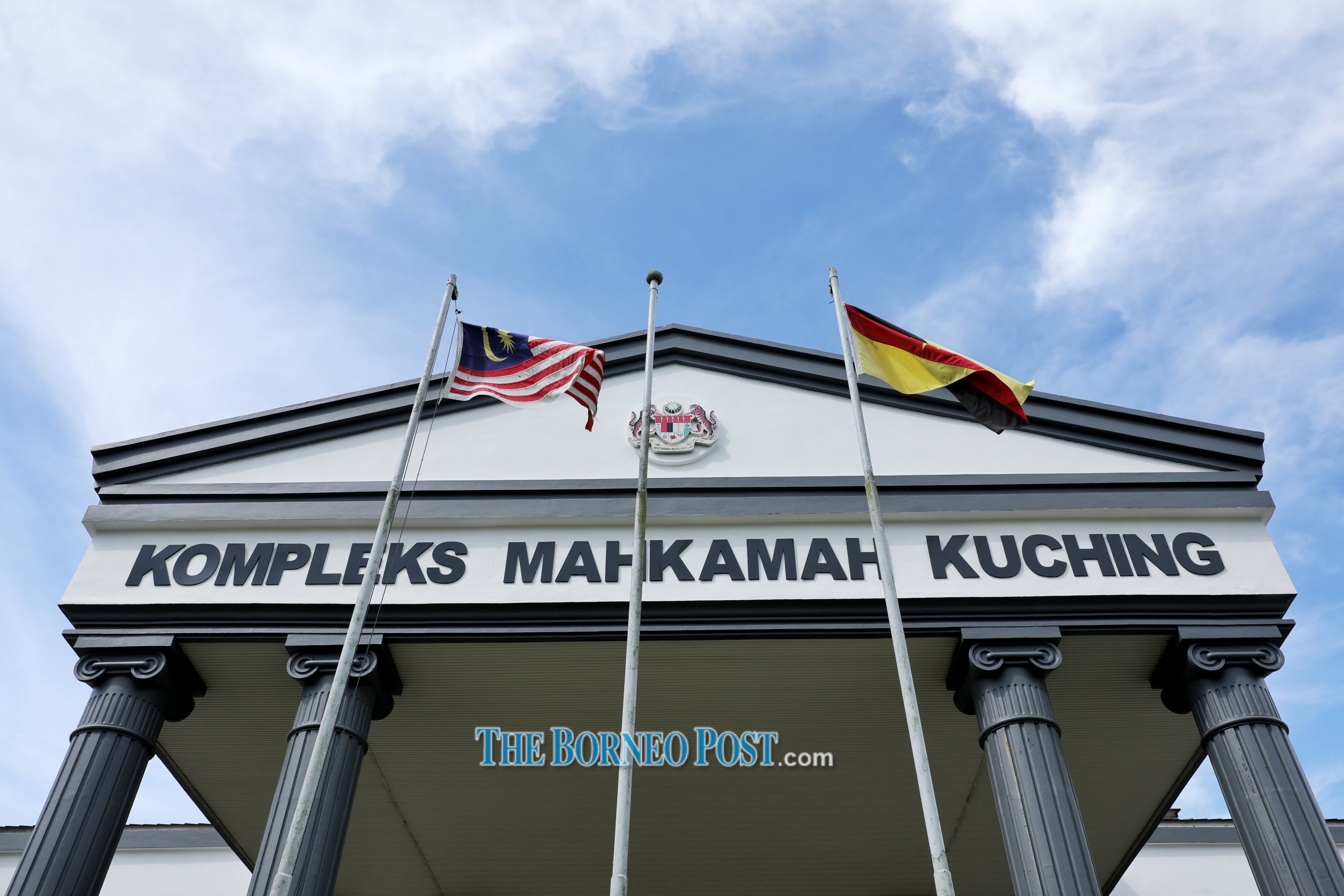ADVERTISE HERE
KUCHING: Sarawak requires over RM70 billion to expedite the development of basic infrastructure, quality education, and healthcare services across the state to promote balanced economic growth in all regions.
Premier Datuk Patinggi Tan Sri Abang Johari Tun Openg said these are crucial for boosting the people’s income and eradicating poverty across Sarawak.
According to him, over 1,300 remote settlements in Sarawak still lack road access.
“Therefore, we need to construct 1,292km of new roads and upgrade 4,782km of existing roads at an estimated cost of RM38.4 billion,” he said.
His remarks were delivered by Deputy Premier Datuk Amar Douglas Uggah Embas during a Stakeholder Engagement Session for the 13th Malaysia Plan at Pullman Hotel here, Wednesday (Oct 30).
Abang Johari noted that clean water access is another critical issue, with more than 86,000 households in Sarawak still without it. To achieve full coverage, he said, Sarawak requires RM20 billion in funding.
He added that an estimated 5,500 households are still without electricity, and Sarawak needs RM1.3 billion to provide 24-hour electricity supply to all rural areas.
On healthcare, Abang Johari said RM7.89 billion is needed to build new healthcare facilities, upgrade, repair, and maintain existing ones.
Currently, six hospitals, 208 health clinics, and 67 staff quarters need repairs, while two divisional pharmacy offices require replacement.
Additionally, 206 clinics are in dilapidated condition and need urgent attention.
Abang Johari also stressed the need for RM5.2 billion to address dilapidated school infrastructure and RM54 million to resolve the shortage of science laboratories.
“Educational infrastructure demands immediate action. Currently, 460 schools are rated as needing critical repairs and 24 secondary and 585 primary schools are lacking science labs.”
Moreover, he proposed allocating RM140 million under RMK-13 for perimeter and individual lot surveys covering 190,000 and 154,000 hectares, respectively for Native Customary Rights (NCR) land.
He said this programme is essential to identify and verify the boundaries of legitimate NCR land and preserve land ownership.









 English (US) ·
English (US) ·